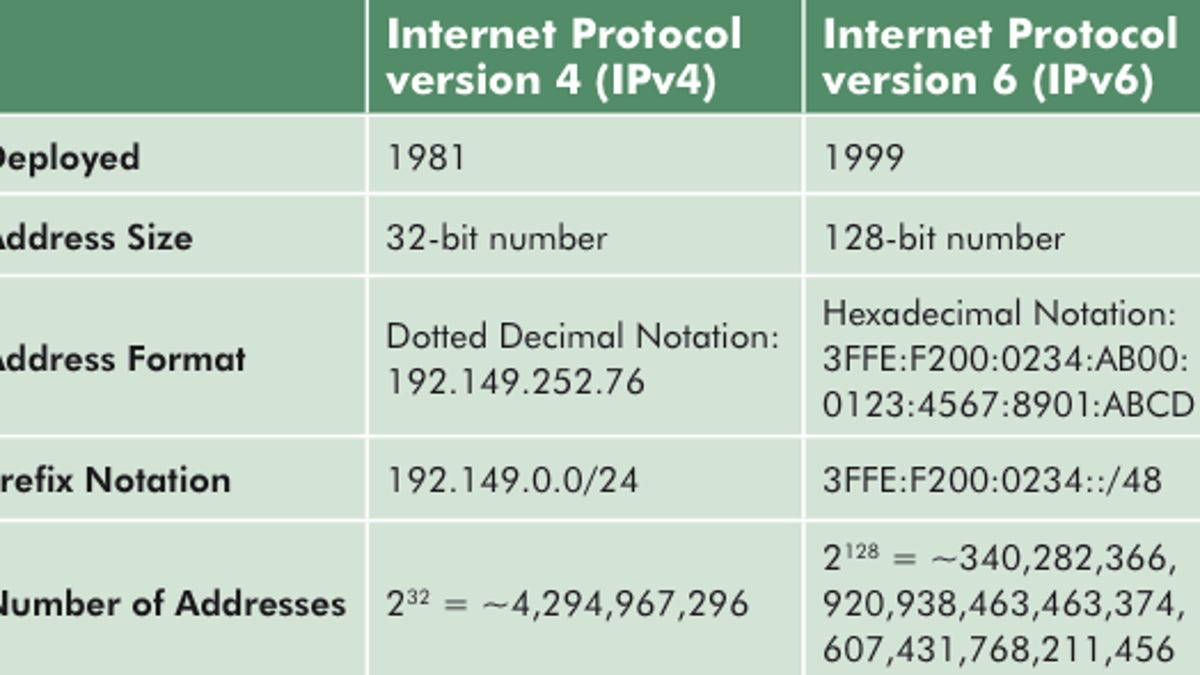Comcast, Time Warner join IPv6 test program
Comcast and Time Warner Cable will link their services to the next-generation Internet this June to help test the new technology.
Comcast and Time Warner Cable, two major Internet service providers, will participate in the World IPv6 Day testing June 8 to help test readiness for the next-generation Internet Protocol.
Because the two companies are crucial gateways to the Internet for millions of people, their test will be an important--both for trying their own technology and for supplying some IPv6 users who can help other's setup. The companies announced the test today.
Internet Protocol version 6 supplies a vastly larger address space for attaching computers to the Internet than IPv4, which was established with a paltry 4.3 billion addresses in 1976 during the Internet's infancy. Although many of these are unused--most, by one measure--the last batches of IPv4 addresses were allocated at the highest levels this month, meaning it's only a matter of time before the remaining ones are used up.
It appears 2012 will be the year when people who need Internet addresses, notably mobile phone carriers and ISPs, will start running into serious supply issues. IPv6 alleviates the problem, but the fact that it's largely incompatible with today's IPv4 means a drawn-out, expensive, and technically complicated transition for the Internet.
The Internet Society, a Net standards and advocacy group, is spearheading the 24-hour World IPv6 Day test. Google, Facebook, and Yahoo were early to announce participation in World IPv6 Day, and last week, Microsoft announced Bing would be involved, too.
Also joining the test will be Rackspace and Softlayer Technologies, two companies that host Web pages and Net services for customers. In addition browser maker Mozilla announced it'll participate.
"June 8, 2011 will be the first global-scale 'test flight' of IPv6, and we're going to be a part of it," Mozilla said in a statement. "This will also be our chance to see which parts of the network already support IPv6 and which parts require software (or hardware) upgrades."


